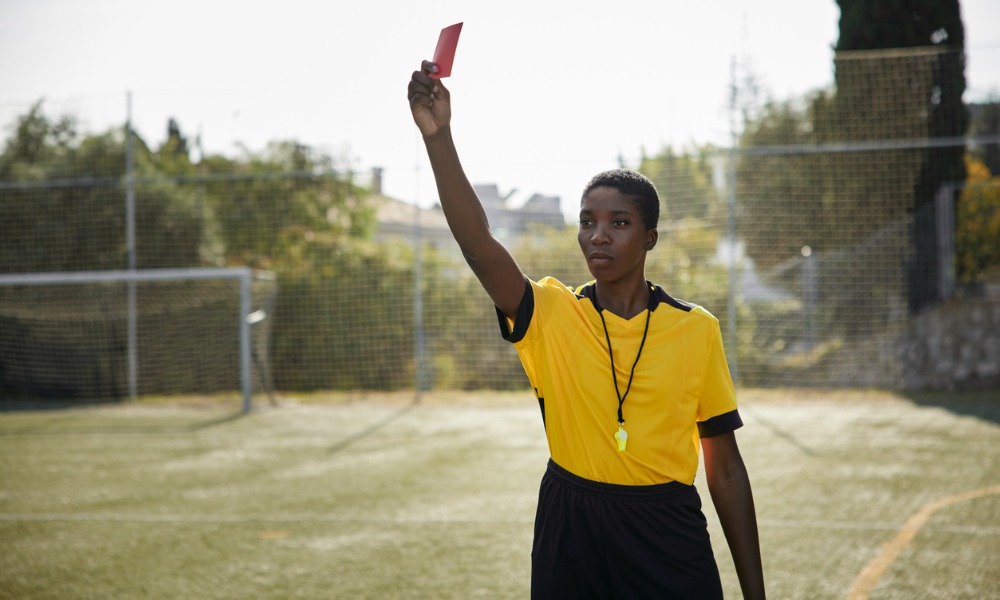
New report highlights how uniforms can be a barrier to employment, career progression

Six in 10 female referees and umpires in Australia have revealed that they don't feel comfortable wearing their current uniforms, describing them as "male-centric."
New research from the Victoria University found that 61% of referees and umpires are uncomfortable in wearing their current uniform, citing the lack of comfort, fit, style, and availability.
The uncomfortable officials added that their uniforms are not gender-specific or inclusive, and they come at a high cost, according to the report, which surveyed 286 respondents including 250 current officials.
"To disrupt norms, we heard pleas from women referees and umpires to remove unisex style uniforms, stop being dictated to on the length of shorts, impractical uniforms for the weather, and having to wear all white," said Clare Hanlon, VU Susan Albert Women in Sport Chair, in a statement.
The discomfort over uniforms has emerged as a barrier to officiating, according to nearly two-thirds of non-officials. Other barriers cited include:
Uniforms as barriers for women
The findings underscore how uniforms can be a barrier to retaining and attracting women to leadership roles, such as umpires and referees where they are under-represented, according to the report.
Helena Dorczak, Women Sport Australia president, said the findings signal that it is time to update existing guidelines around officials' uniforms.
"The barriers identified in this research are not insurmountable or unreasonable – granting them would be a significant step forward in retaining girls and women in officiating roles, and importantly, attracting them to it," Dorczak said in a statement.
According to the report, the four key components should be embraced in developing a uniform policy for women:
"The considerations this valuable research has identified should be no brainers for sporting codes at all levels and apparel suppliers to act upon," Dorczak said.